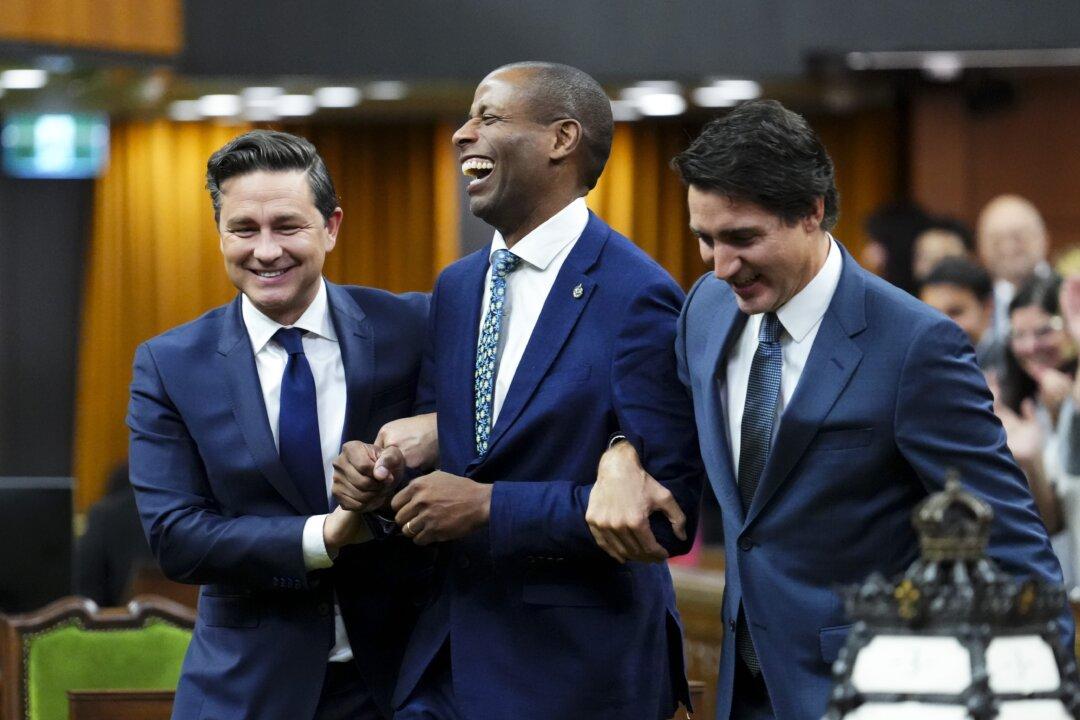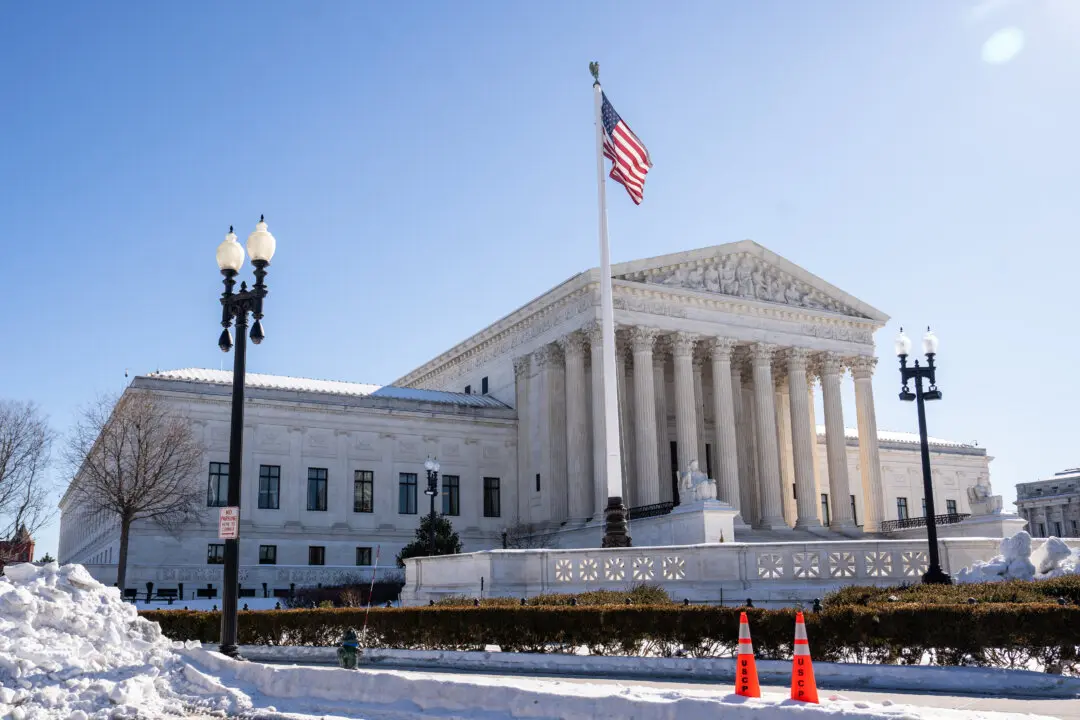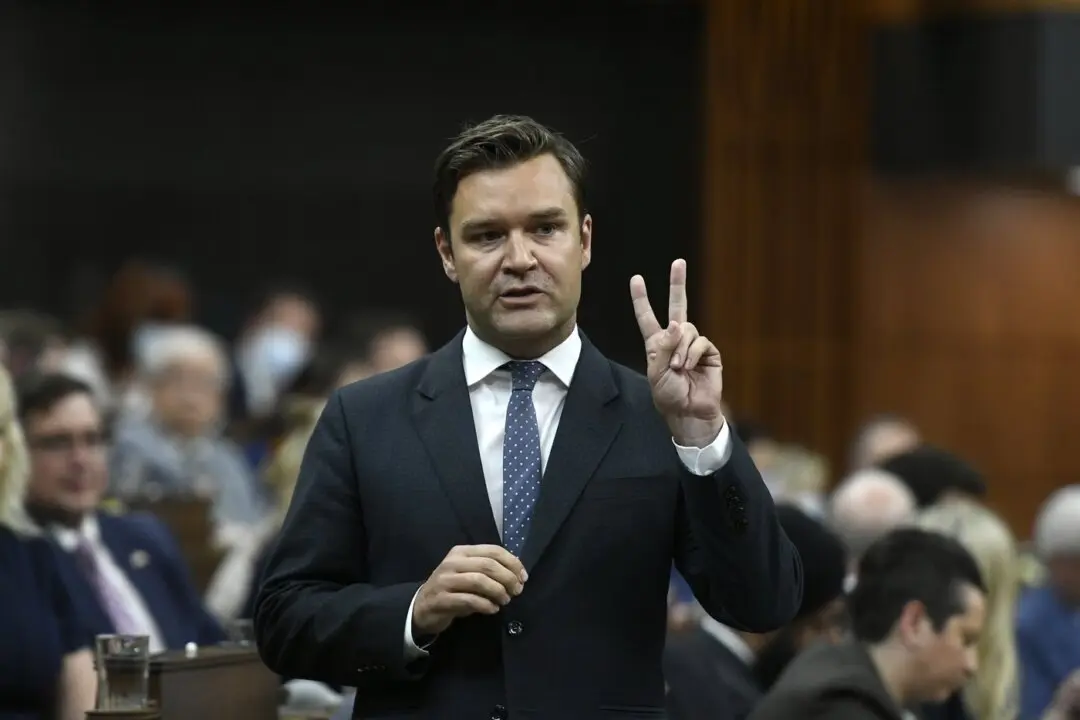Neighbours Canada and the United States both recently experienced upheavals over who should be the Speaker of their house of elected representatives—and the U.S. situation has yet to be fully resolved—but the ramifications for political life in the two countries are in completely different ballparks.
“The Speaker, to use the old hockey analogy, is nothing more than a referee,” newly elected House of Commons Speaker and Liberal MP Greg Fergus said on Oct. 3.





